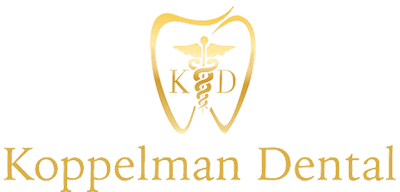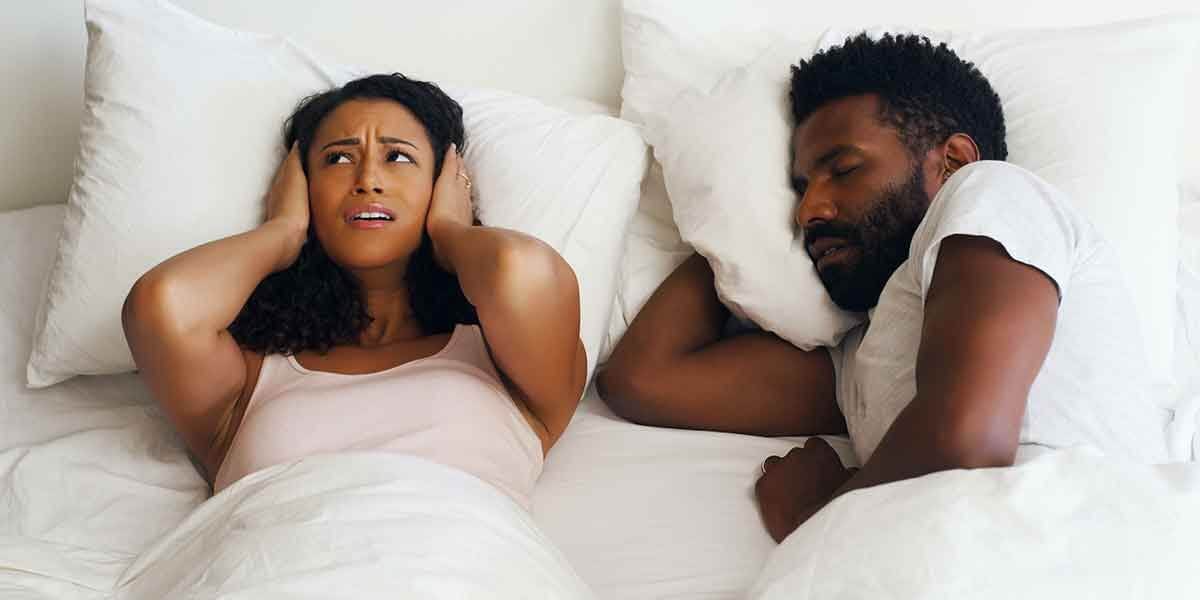I'm going to start with two starting facts:
1) "Sugar is a greater danger than gunpowder. You are more likely to die from drinking too much cola than being blown up by al-Qaeda. And this is very good news.”
Sapiens, Yuval Harrari
2)"You have a greater threat of being hit on the road from someone driving over tired than drunk driving.”
This Excerpt From, Walker, Matthew. “Why We Sleep.” Scribner
If you think that is interesting, read these books, they are fascinating. But what does this have to do with dentistry? Sleep apnea is one of those terms being thrown around these days, but what is it? By definition, apnea is the cessation of breathing. Someone with sleep apnea can stop breathing for 10 seconds or more, up to 100x's, an hour. Some signs of sleep apnea are snoring, waking up with a dry mouth, waking up with a headache, waking up tired or not feeling rested, being tired during the day, mood swings, weight gain, among many others!
Some of the early signs of sleep apnea can often be grinding your teeth, gums that were otherwise healthy which are now red and inflamed, and an increased incidence in cavities. It's amazing what you can see in the mouth and how oral symptoms can be a sign of larger, systemic, deadly diseases.
Anatomically, a receding jaw leading to a tongue with not enough room, or just too big a tongue, can cause obstruction to your airway, your oropharynx.
If you have any of these signs, or questions, give us a call, or go see you your physician to discuss a sleep test and diagnosis.
But often you just may not know. Going to your dentist regularly, and having a dentist do a thorough intraoral exam, can help to reveal pre existing signs that can help you.
Up until recently, the only treatment, other than holistic (eating healthier, etc.), is using a CPAP machine. Today, there is a dental device called an MRD, Mandibular Repositioning Device, that advances your Lower jaw forward. This in turn helps to open up your airway, allowing you to breathe more easily.
If you have any of these symptoms, or are just unsure, I urge you to contact a physician. If you've already been diagnosed with sleep apnea, but cannot or will not use a CPAP, now there is an alternative that may just help save your life.
After taking a sleep test and seeing your physician, if you're lucky enough to just be snoring, with no apnic events, this same device, an MRD, modified slightly, can help you stop snoring.
I will leave you with one last, scary fact:
"More dangerous are drowsy truckers. Approximately 80 percent of truck drivers in the US are overweight, and 50 percent are clinically obese. This places truck drivers at a far, far higher risk of a disorder called sleep apnea, commonly associated with heavy snoring, which causes chronic, severe sleep deprivation. As a result, these truck drivers are 200 to 500 percent more likely to be involved in a traffic accident. And when a truck driver loses his or her life in a drowsy-driving crash, they will, on average, take 4.5 other lives with them." - Scribner, author of Why we Sleep.

